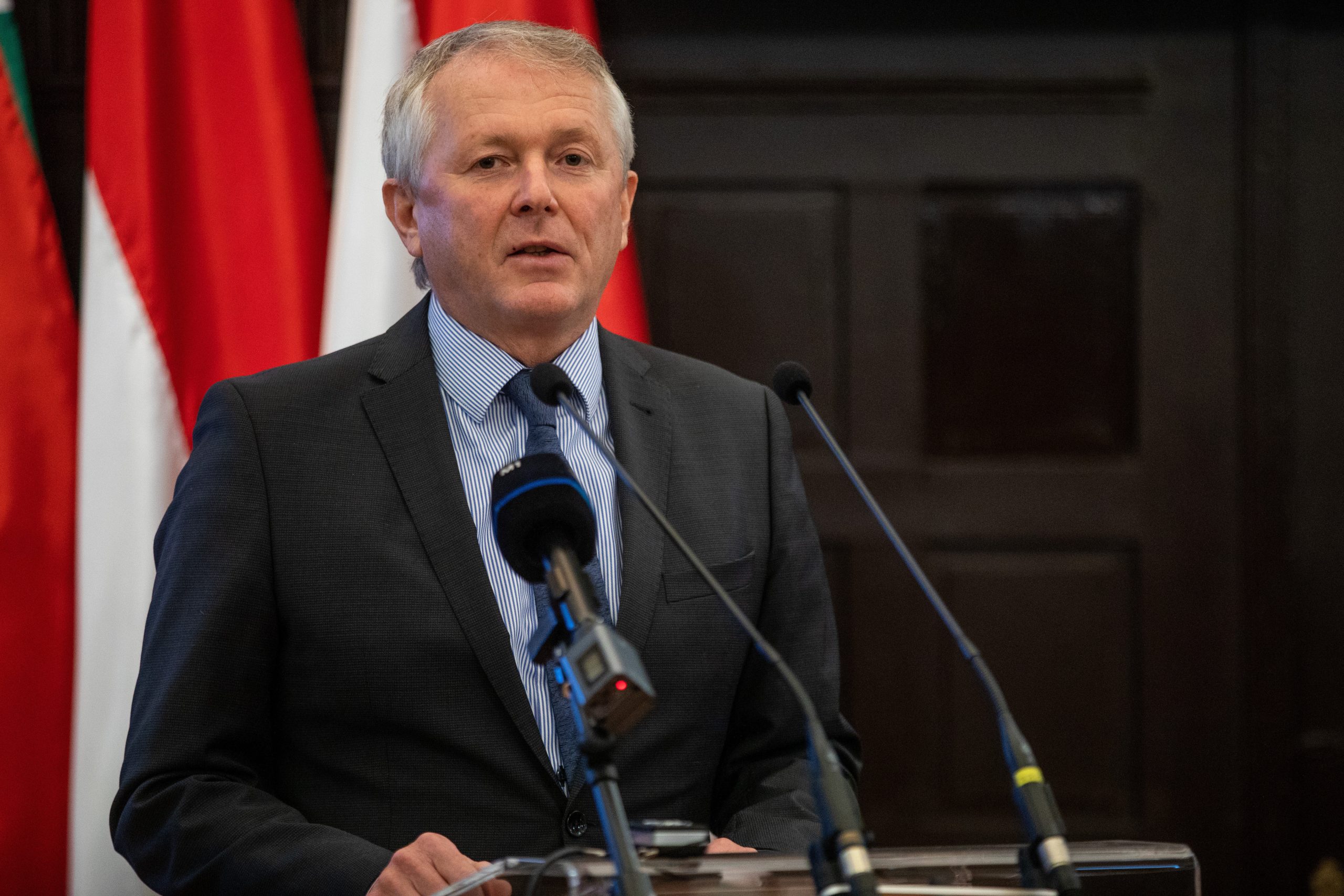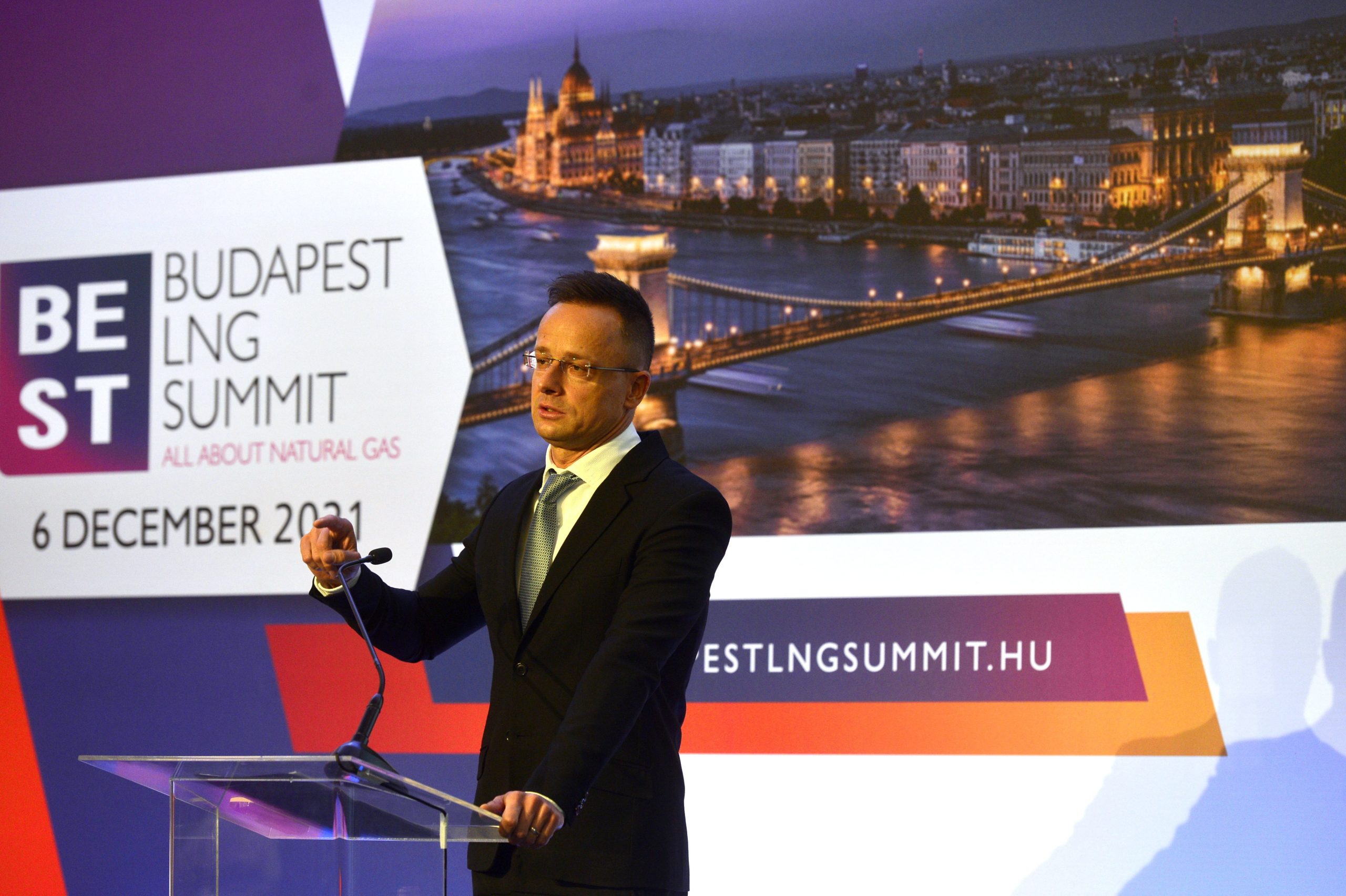
The Hungarian economy grew by more than 60 percent in the last 30 years, but our emissions were reduced by 32 percent, state secretary Kaderják said at the Hungary at First "Site" Conference.Continue reading

Those slamming Hungary for cooperating with Russia on energy issues have themselves failed to act to diversify energy resources in the region, Péter Szijjártó, Hungary’s minister of foreign affairs and trade, told the Budapest LNG Summit on Monday.
Hungary has a “responsible” energy policy, and often warned in recent years that European energy supplies were in danger, he said. The European Union’s policy has failed to prepare for and prevent an impending energy crisis, “they should have focused on pragmatic decisions rather than a dogmatic approach,” he said.
Despite “a few steps forward”, the EU’s energy policy has failed to radically change the situation in its most vulnerable region, Szijjártó said. EU energy policy is overly politicized, even though “statements will not heat homes,” he said. Meanwhile, the western European gas reservoirs were not filled to the necessary degree, and the EU neglected to provide a transitional period in the transition to green economy, he said.
“Nuclear energy is discriminated against,” he said.
Hungary, on the other hand, has always supported plans aiming to strengthen energy security, such as the construction of an LNG terminal in Croatia and interconnectors in neighboring countries, Szijjártó said.
Although “it was common knowledge that Hungary’s contract with Russia would expire this year,” critics of the deal failed to ensure the investment, funding, and infrastructure upgrades necessary for diversification, Szijjártó said. Thus, “Hungary had to enter a new contract with Gazprom, which, whether we like it or not, is a significant player in the region,” he said.
The contract ensures reliable and affordable energy security in Hungary, Szijjártó said.
Regarding further diversification, Szijjártó said Azerbaijan’s gas resources may contribute to a solution to the problem. While the Croatian LNG terminal is “historically important and contributed to keeping utility prices low in Hungary”, its capacity will not make a substantial difference in diversification, he said.
Energy diversification is an important issue, but Hungary’s government will continue to work on ensuring supply security in the country, he said.
Featured photo by Attila Kovács/MTI